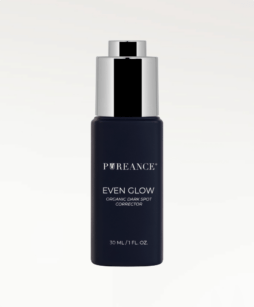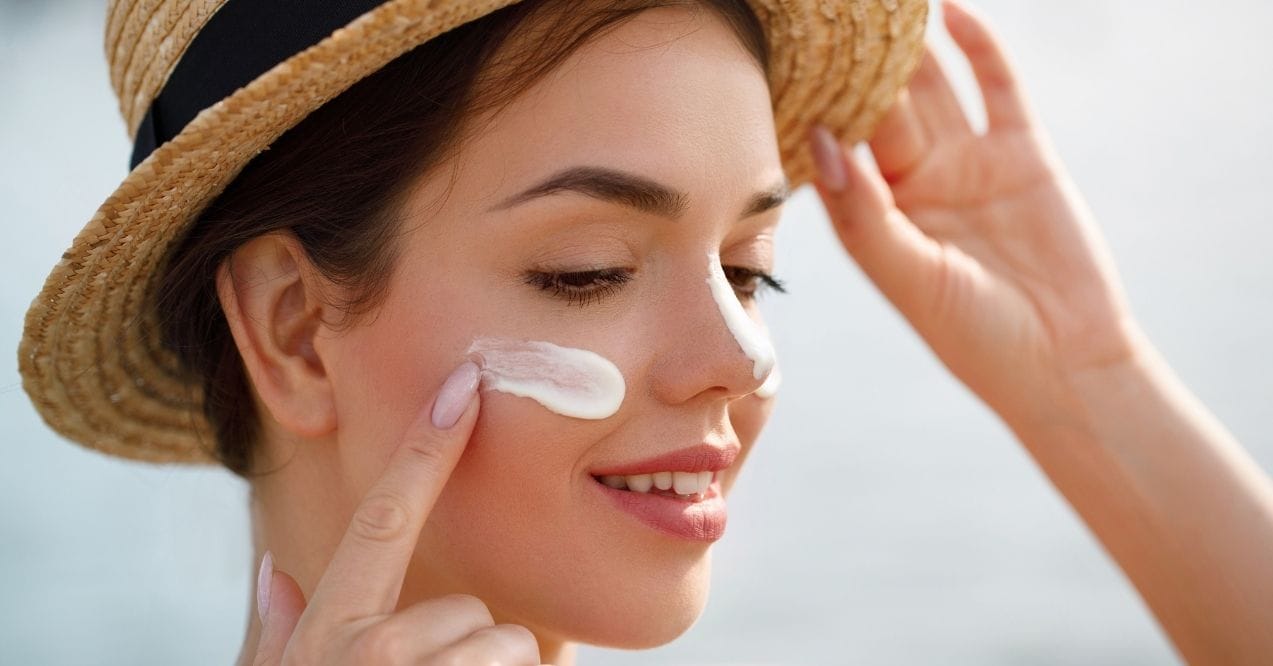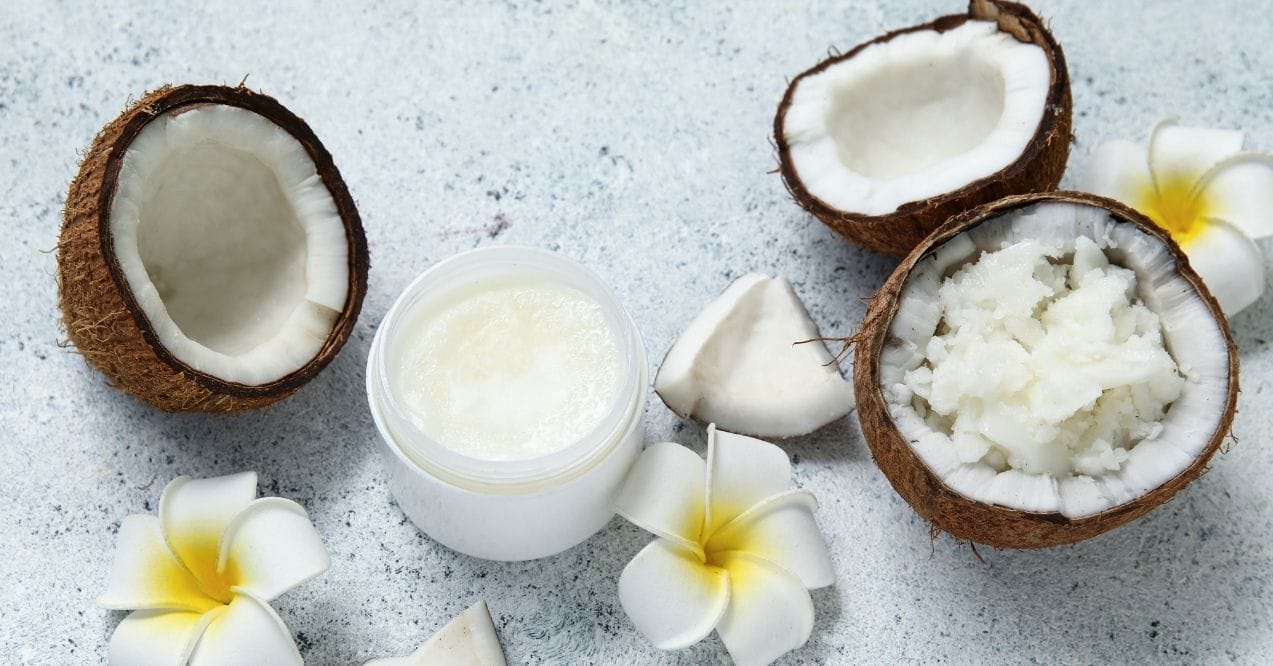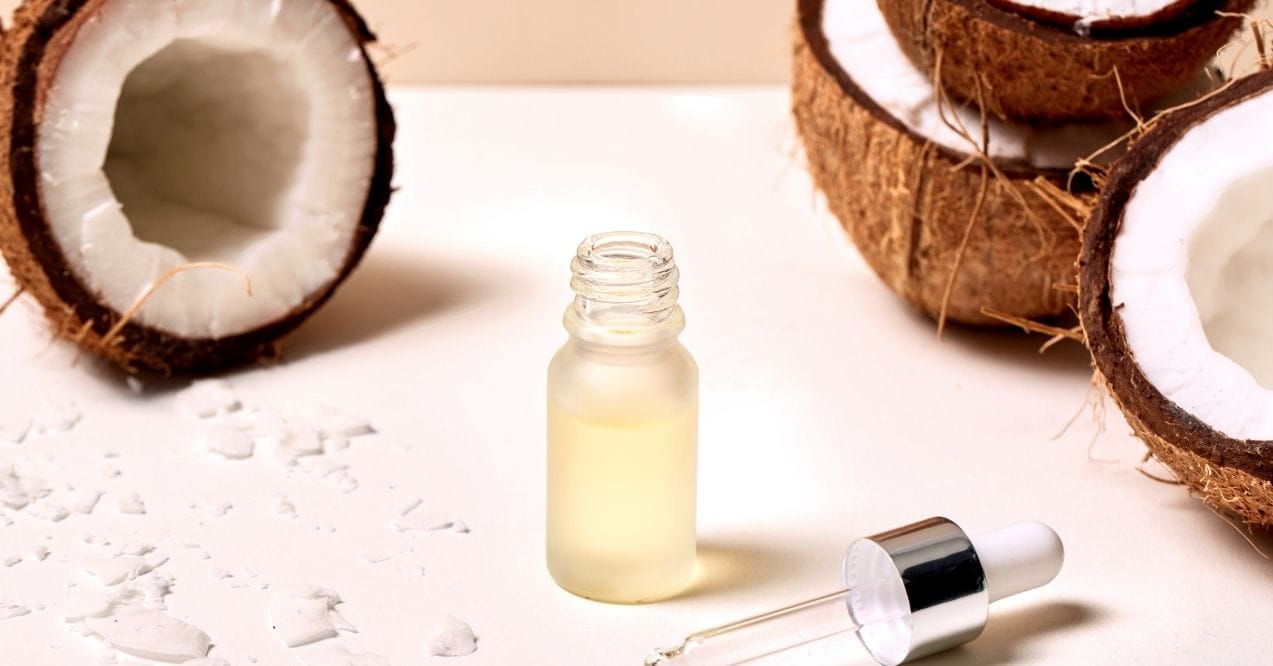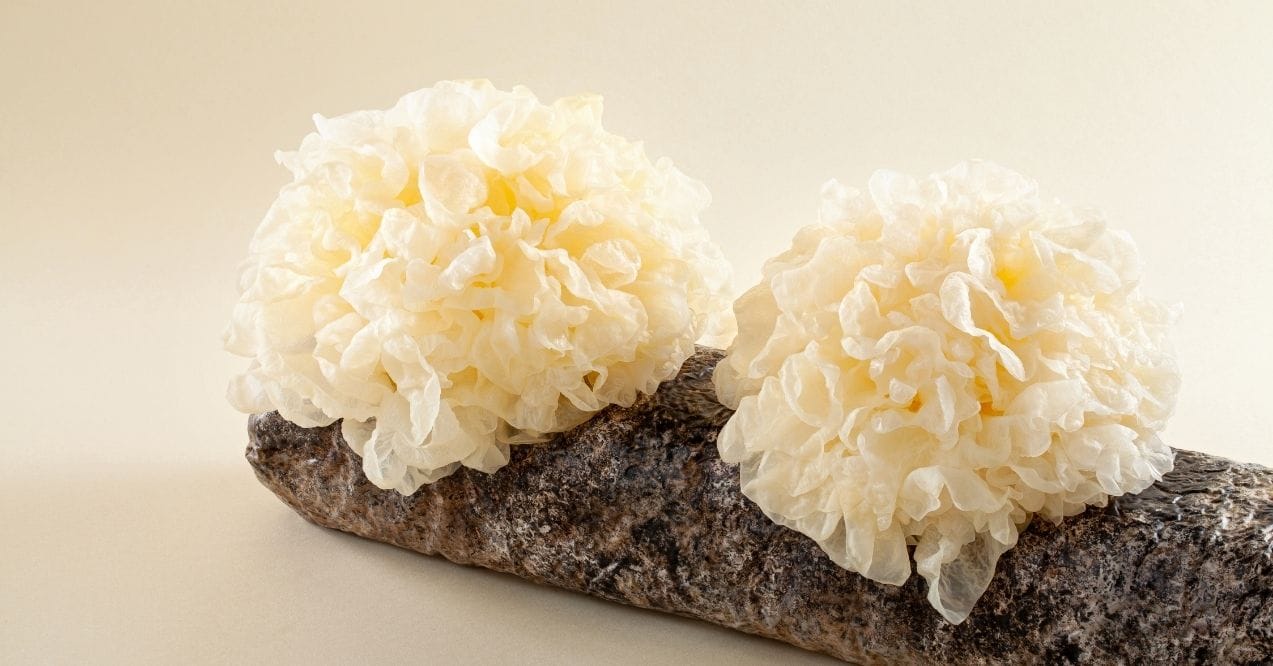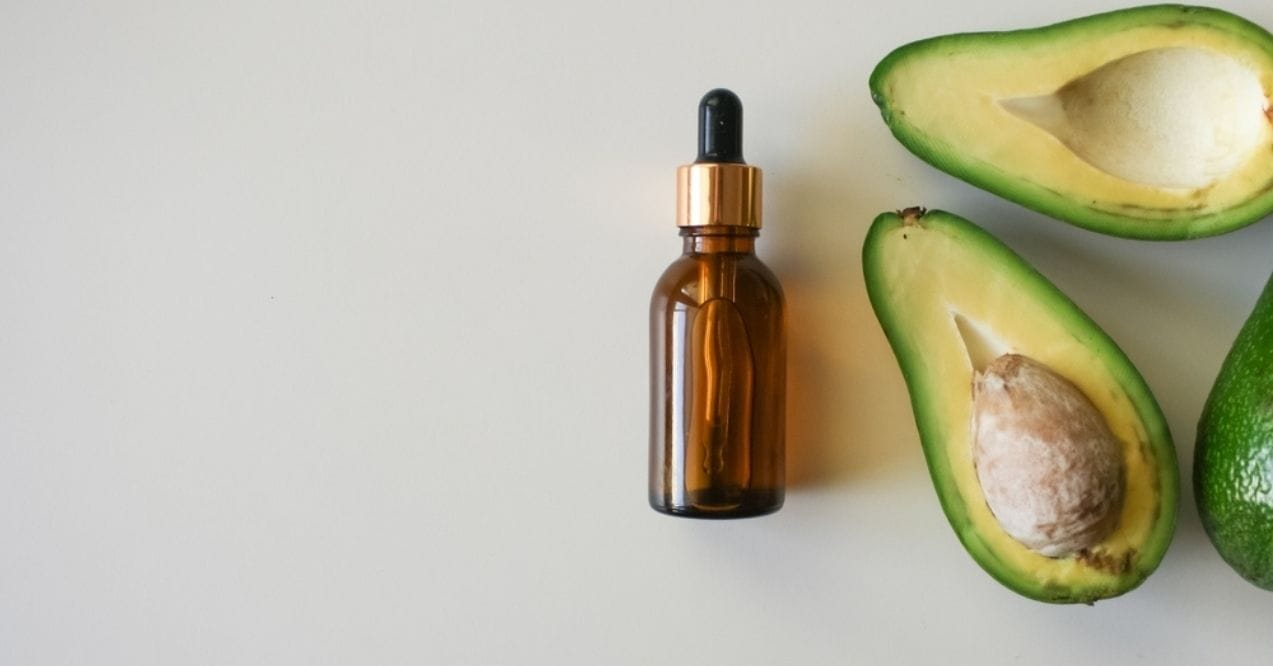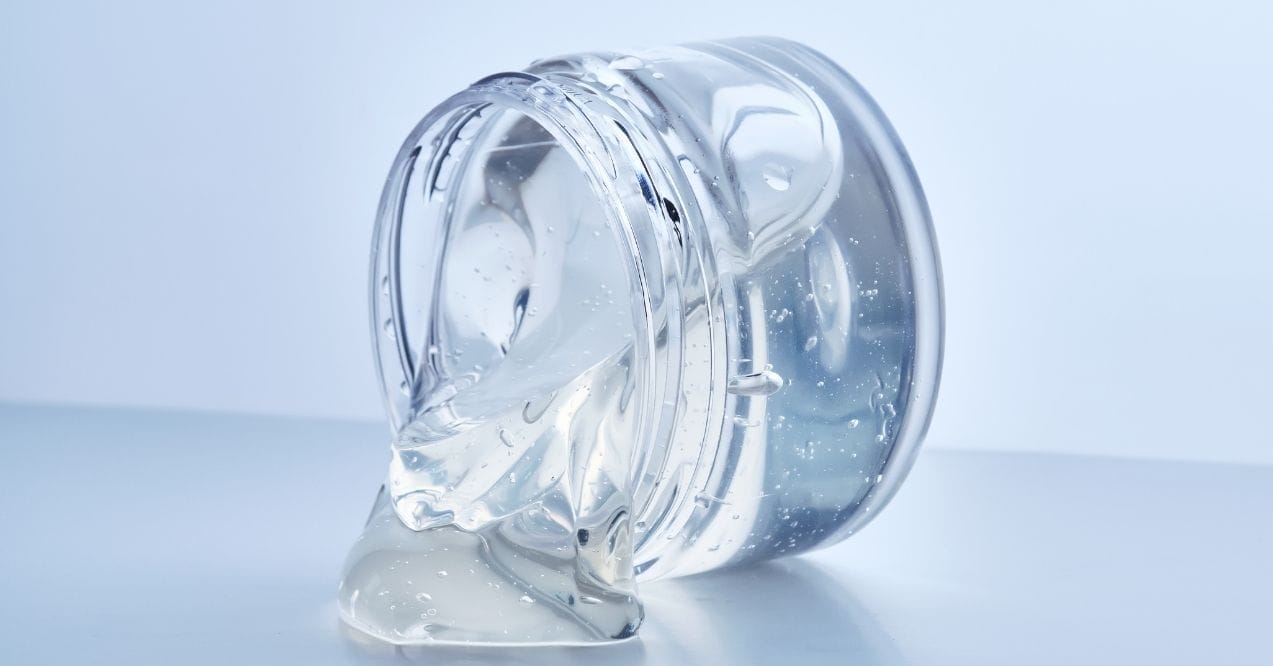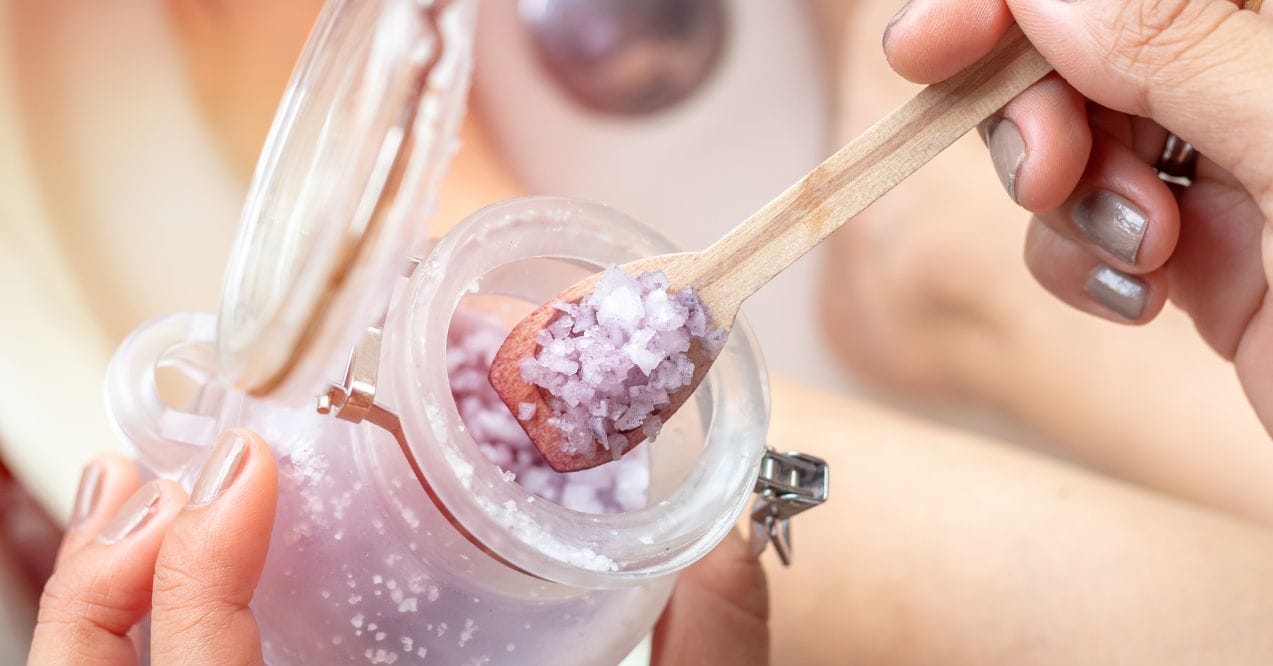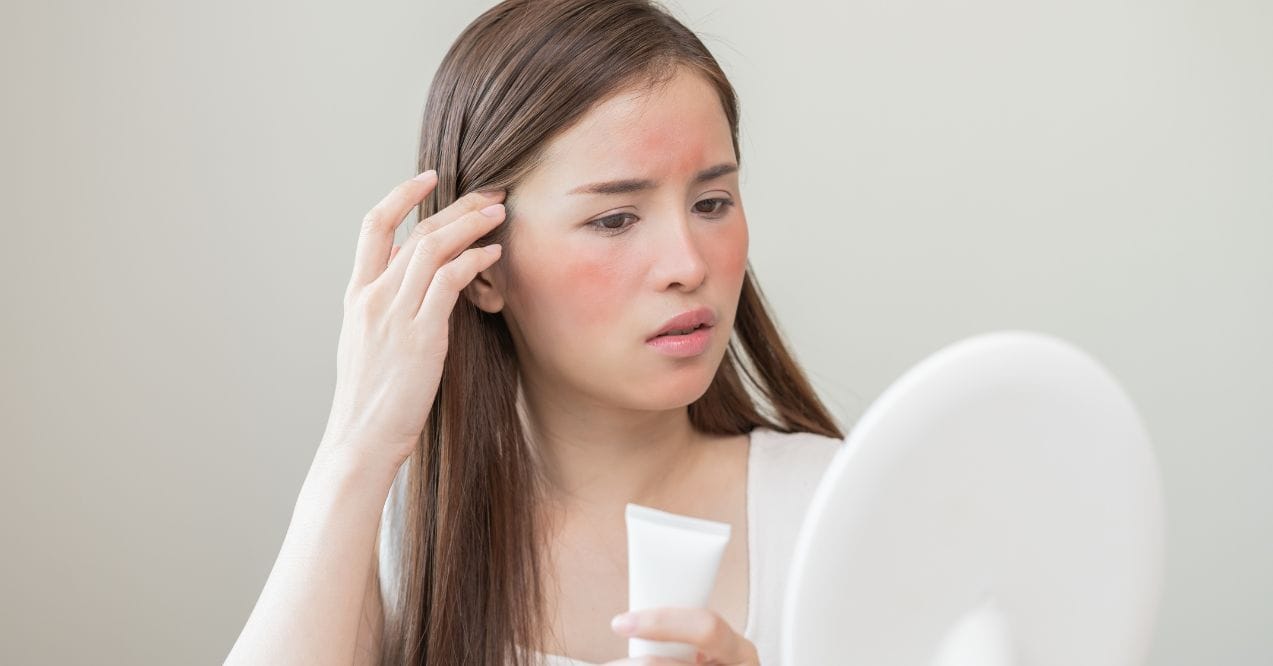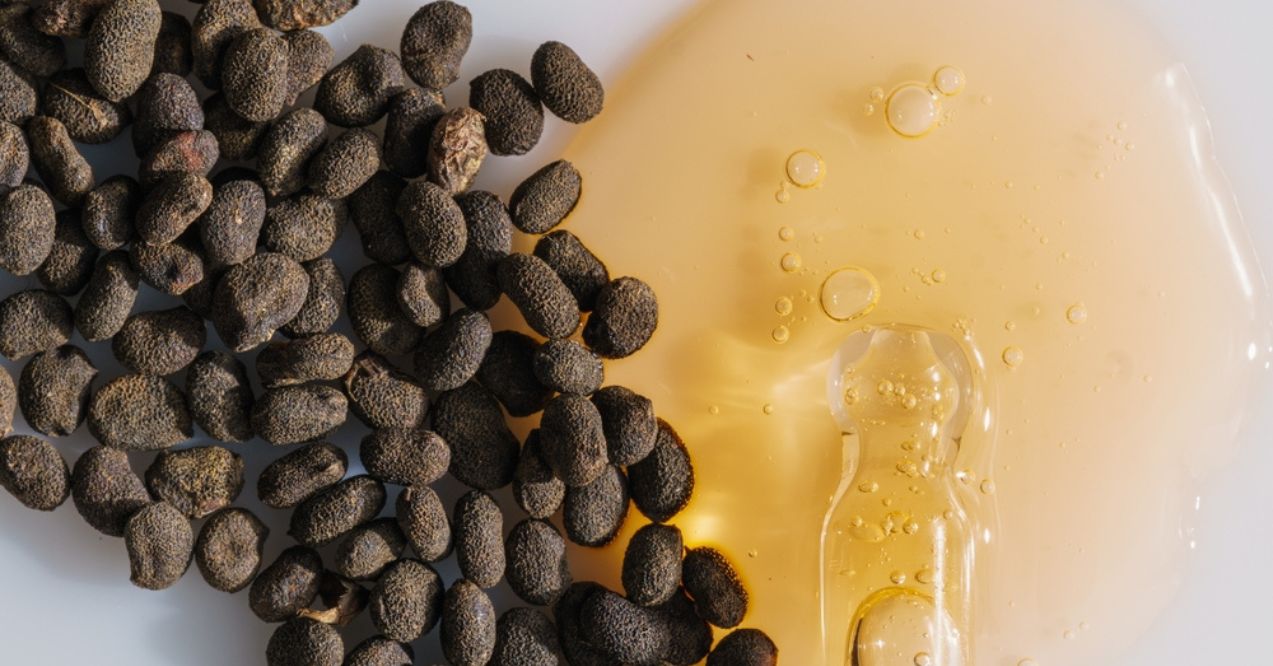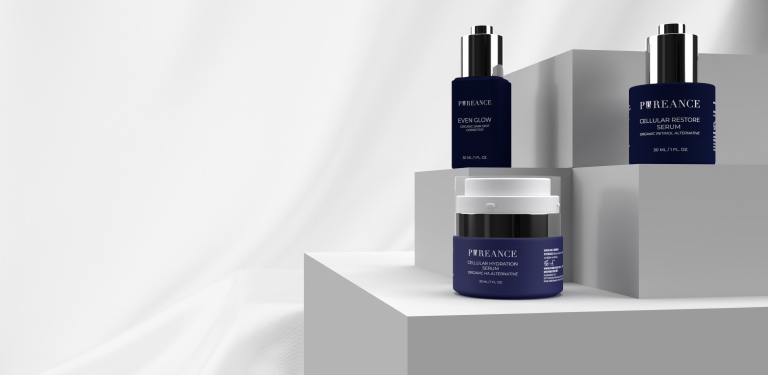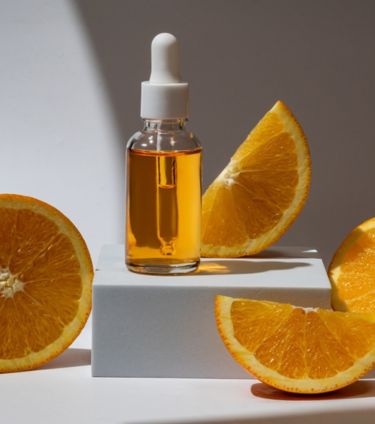


Does Vitamin C Help With Hyperpigmentation?
Does vitamin C help with hyperpigmentation? This is a common question among people looking for effective ways to treat uneven skin tone and dark spots. In essence, hyperpigmentation is a widespread skin concern, and various remedies, from topical creams to chemical peels, have been touted as potential solutions. One ingredient that has gained significant attention in recent years is vitamin C, a potent antioxidant with numerous skincare benefits.
Therefore, in this blog post, we’ll delve into the science behind vitamin C’s impact on hyperpigmentation, explore the supporting evidence, and provide practical tips for incorporating this powerful ingredient into your skincare routine.
Key Article Findings
- Vitamin C is a powerful antioxidant that helps reduce hyperpigmentation by inhibiting melanin production and neutralizing free radicals.
- Scientific studies support the effectiveness of vitamin C in treating various forms of hyperpigmentation, including melasma and sun-induced spots.
- While generally safe, vitamin C can cause irritation in sensitive skin, especially in higher concentrations.
- Consistent use and proper sun protection are crucial for achieving the best results with vitamin C for hyperpigmentation.
Understanding Hyperpigmentation
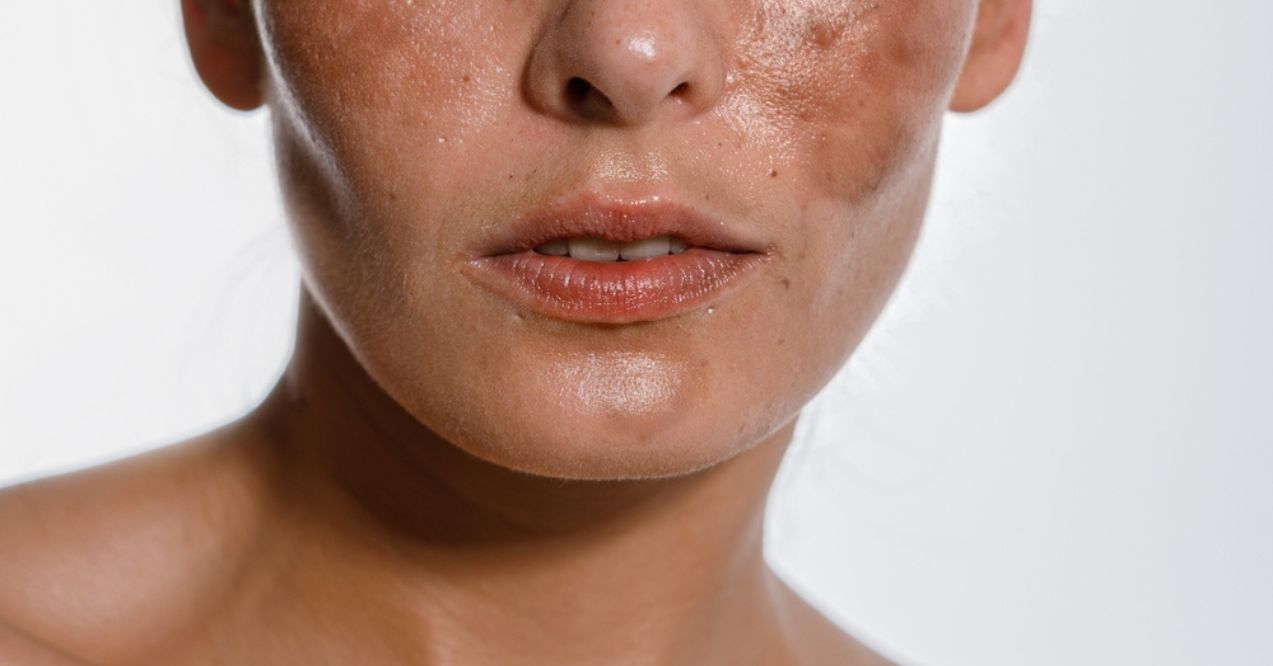
Hyperpigmentation refers to the darkening or discoloration of the skin due to an excess production of melanin, the pigment responsible for giving our skin its color. This condition can manifest in various forms, ranging from small, isolated spots to larger, more widespread patches. While hyperpigmentation is generally harmless, it can be a cosmetic concern for many individuals, prompting them to seek effective treatment options.
Causes
Several factors can contribute to the development of hyperpigmentation. One of the primary causes is prolonged exposure to ultraviolet (UV) radiation from the sun or tanning beds, which triggers an increased production of melanin as a protective measure. Hormonal fluctuations, particularly during pregnancy or due to certain medical conditions, can also lead to hyperpigmentation. Additionally, skin injuries, such as acne, cuts, or burns, can result in post-inflammatory hyperpigmentation, where the skin produces excess melanin as part of the healing process.
Types of Hyperpigmentation
Hyperpigmentation can manifest in various forms, each with its own unique characteristics:
- Melasma – This type of hyperpigmentation appears as brown or grayish-brown patches, typically on the face, and is often associated with hormonal changes during pregnancy or the use of certain medications.
- Sun spots (also known as age spots or liver spots) – These are flat, brown spots that commonly appear on areas exposed to the sun, such as the face, hands, and arms. They are more prevalent in older individuals and are caused by prolonged sun exposure over time.
- Post-inflammatory hyperpigmentation – This condition occurs when the skin produces excess melanin in response to inflammation or injury, such as acne breakouts, eczema, or other skin trauma.
Understanding the causes and types of hyperpigmentation is crucial in developing an effective treatment plan tailored to individual needs.
Is Vitamin C Good for Hyperpigmentation?

So, does vitamin C help with hyperpigmentation? When it comes to addressing hyperpigmentation, vitamin C has emerged as a powerful ally in the skincare world. This potent antioxidant has gained a well-deserved reputation for its ability to combat uneven skin tone and dark spots, making it a go-to ingredient for those seeking a brighter, more even complexion.
How Vitamin C Works
Vitamin C, also known as ascorbic acid, is a multifaceted skincare ingredient that offers a range of benefits for hyperpigmentation. One of its key mechanisms is inhibiting the enzyme tyrosinase, which is responsible for the production of melanin, the pigment that gives our skin its color. By suppressing melanin synthesis, vitamin C can help prevent the formation of new dark spots and reduce the appearance of existing ones.
Additionally, vitamin C is a potent antioxidant that neutralizes free radicals, which can contribute to the breakdown of collagen and elastin, leading to premature aging and exacerbating hyperpigmentation. By defending the skin against oxidative stress, vitamin C helps maintain a healthy, even complexion.
Scientific Evidence
Numerous studies have demonstrated the effectiveness of vitamin C in reducing hyperpigmentation. A study by Kim et al. (2023), published in the Journal of Cosmetic Dermatology, found that a combination of vitamin C, vitamin E, and ferulic acid significantly improved the appearance of sun-induced pigmentation after 12 weeks of use.
Another study (2024) examined the effects of a vitamin C-based serum on melasma, a type of hyperpigmentation commonly seen in pregnant women. The results showed a significant improvement in melasma severity after 16 weeks of treatment.
Nevertheless, it’s important to note, that while vitamin C has proven to be effective in reducing hyperpigmentation, results can be temporary, and individual responses may vary.
Potential Irritations
Although vitamin C is generally well-tolerated, some individuals, especially those with sensitive skin, may experience irritation or dryness when using vitamin C products. This is particularly due to higher concentrations or formulations that contain ascorbic acid, the most potent form of vitamin C.
To minimize the risk of irritation, it’s recommended to start with lower concentrations and gradually increase as your skin adjusts. Additionally, incorporating vitamin C into your routine slowly and following it with a moisturizer can help mitigate potential dryness or discomfort.
If you have sensitive skin, opting for more stable derivatives of vitamin C, such as sodium ascorbyl phosphate or magnesium ascorbyl phosphate, may be a better option as they are less likely to cause irritation.
How to Use Vitamin C for Hyperpigmentation
To effectively harness the power of vitamin C for addressing hyperpigmentation, it’s crucial to choose the right products and incorporate them into your skincare routine correctly. Look for serums or treatments that contain a stable form of vitamin C, such as L-ascorbic acid or its derivatives like tetrahexyldecyl ascorbate or magnesium ascorbyl phosphate.
When applying vitamin C products, it’s best to use them in the morning after cleansing and before applying sunscreen. This allows vitamin C to work its magic throughout the day, while also providing antioxidant protection against environmental stressors that can exacerbate hyperpigmentation.
Consistency is key when using vitamin C for hyperpigmentation, so be patient and diligent with your routine. It may take several weeks or even months to see noticeable improvements, as it takes time for the skin to shed discolored cells and reveal a more even complexion.
Additionally, remember that vitamin C can make your skin more sensitive to the sun, so it’s essential to use broad-spectrum sunscreen with an SPF of 30 or higher to prevent further discoloration and protect your skin from UV damage.
Conclusion
Does vitamin C help with hyperpigmentation? Yes, it effectively reduces dark spots by inhibiting melanin production and protecting against oxidative stress. With consistent use and proper sun protection, vitamin C can brighten and even out skin tone. Gradually introducing it into your routine, especially for sensitive skin, ensures the best results with minimal irritation.
Vitamin C helps with post-inflammatory hyperpigmentation by inhibiting melanin production and promoting collagen synthesis, leading to a brighter complexion and reduced dark spots.
Vitamin C is generally considered more effective for hyperpigmentation due to its antioxidant properties and ability to reduce melanin synthesis, although vitamin E can also be beneficial when combined with vitamin C.
It typically takes about 4 to 12 weeks for vitamin C to show visible improvements in clearing hyperpigmentation, depending on the severity of the condition and consistency of use.
This site offers health, wellness, fitness and nutritional information and is designed for educational purposes only. You should not rely on this information as a substitute for, nor does it replace, professional medical advice, diagnosis, or treatment. If you have any concerns or questions about your health, you should always consult with a physician or other health-care professional. Do not disregard, avoid or delay obtaining medical or health related advice from your health-care professional because of something you may have read on this site. The use of any information provided on this site is solely at your own risk.
Nothing stated or posted on this site or available through any services are intended to be, and must not be taken to be, the practice of medical or counseling care. For purposes of this agreement, the practice of medicine and counseling includes, without limitation, psychiatry, psychology, psychotherapy, or providing health care treatment, instructions, diagnosis, prognosis or advice.
